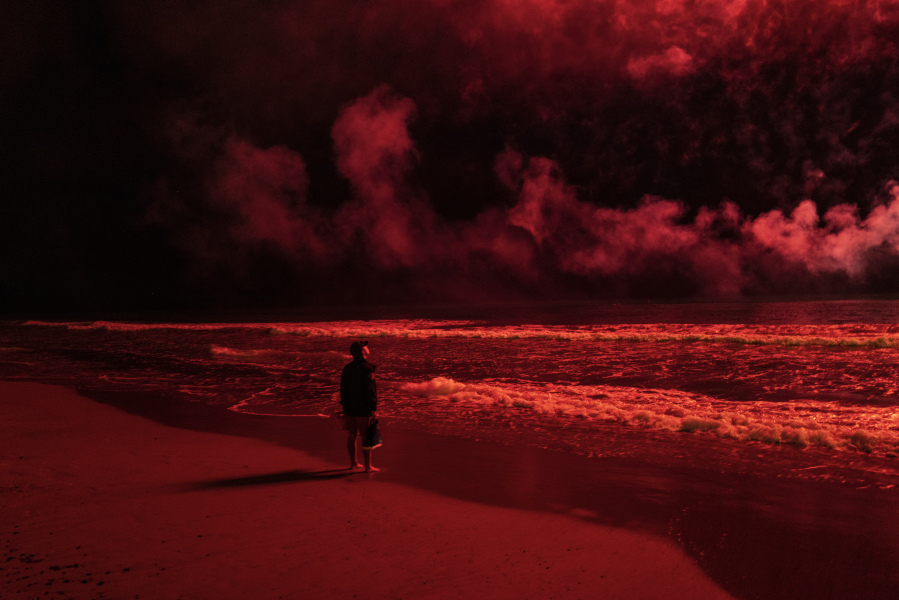“Let’s do things differently this time.”
Those are the first words you hear at the beginning of this month’s “Spider-Man: Across the Spider-Verse,” an otherworldly meditation on multiple realities and how our lives might unfold. The message is clear from the get-go: We have choices. Things could be malleable. You are you, sure. But wait — you might also be you and you and you.
The world is a stressful, sometimes lonely place — and more so at a moment when “It wasn’t supposed to be this way” has become a not-uncommon mantra. But what if things could turn out another way? What if, somewhere, they had? Enter the realm of the multiverse and alternate realities, one of the most glorified canvases in popular culture’s recent years — and a repository for the ache and longing of living in an era of uncertainty.
Alternate universes are everywhere these days, as the long-delayed opening weekend of “The Flash” attests with its regret-streaked, history-changing storyline (and its multiple variations of Batman). There is a deep hunger, it seems, for exploring possibilities — for seeing what might have been if just one thing had unfolded differently.
“The cultural assumption used to be that the world we live in is the way it is, and that’s the only way it could be,” says Douglas Wolk, who read 27,000 Marvel comics from across the decades for his book, “All of the Marvels.”



